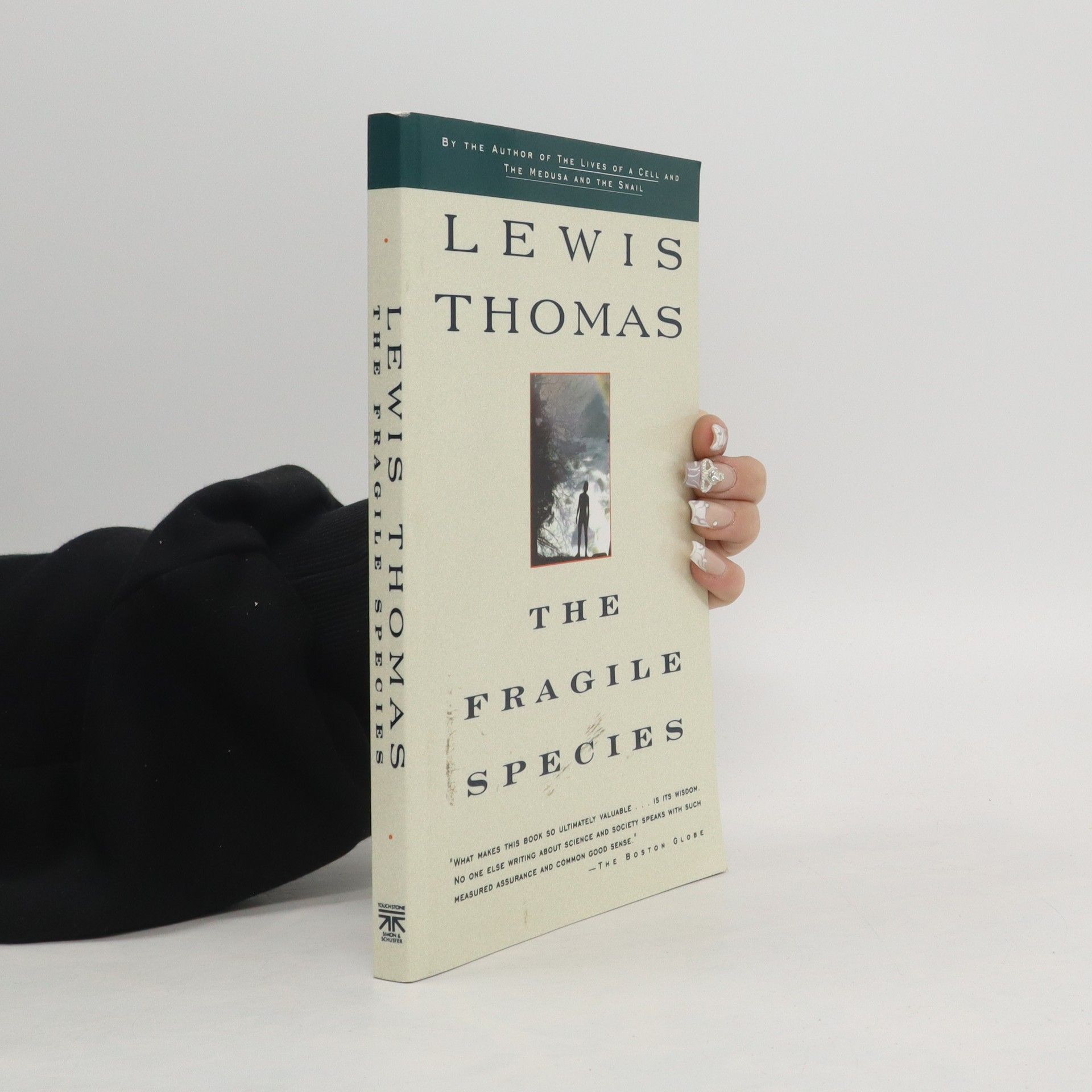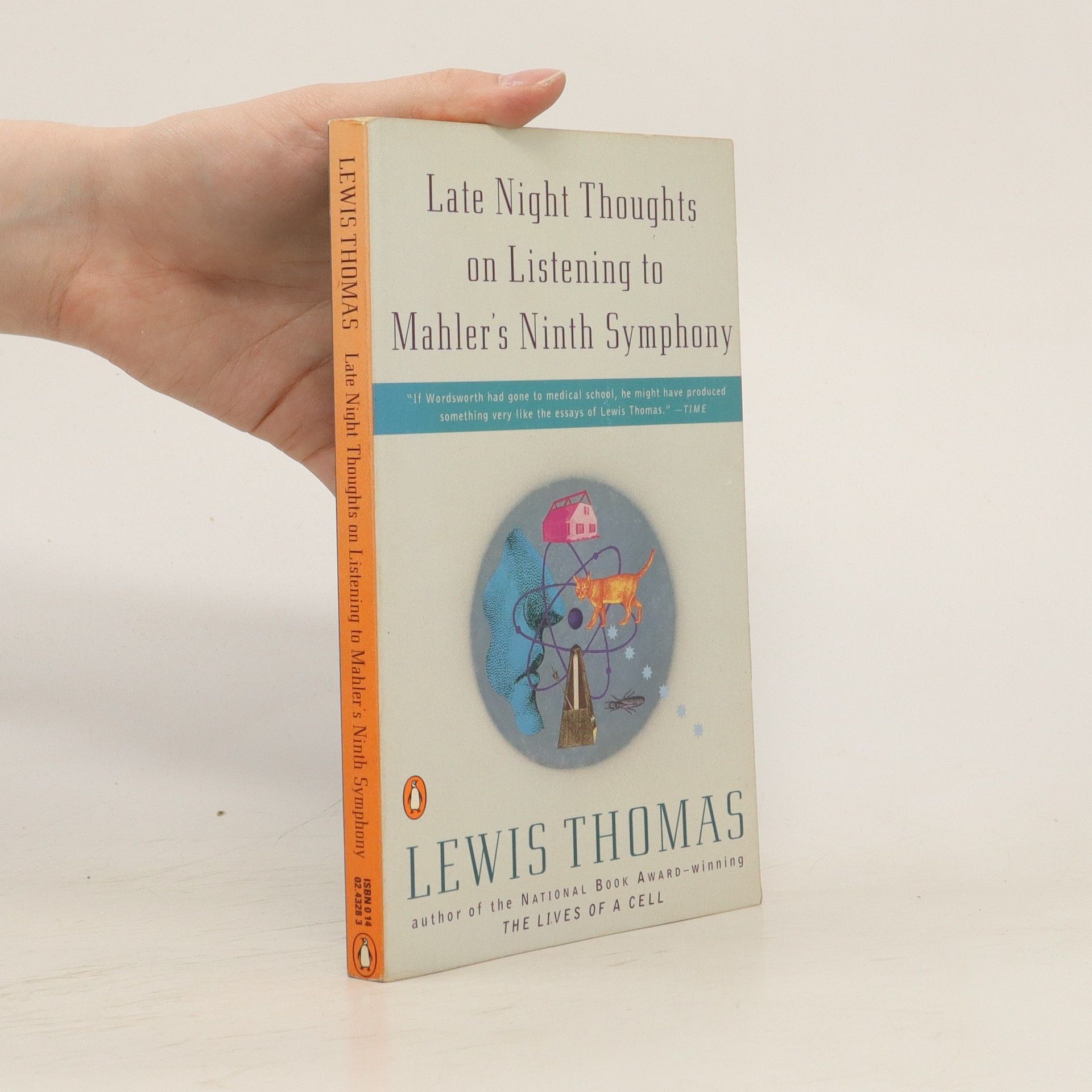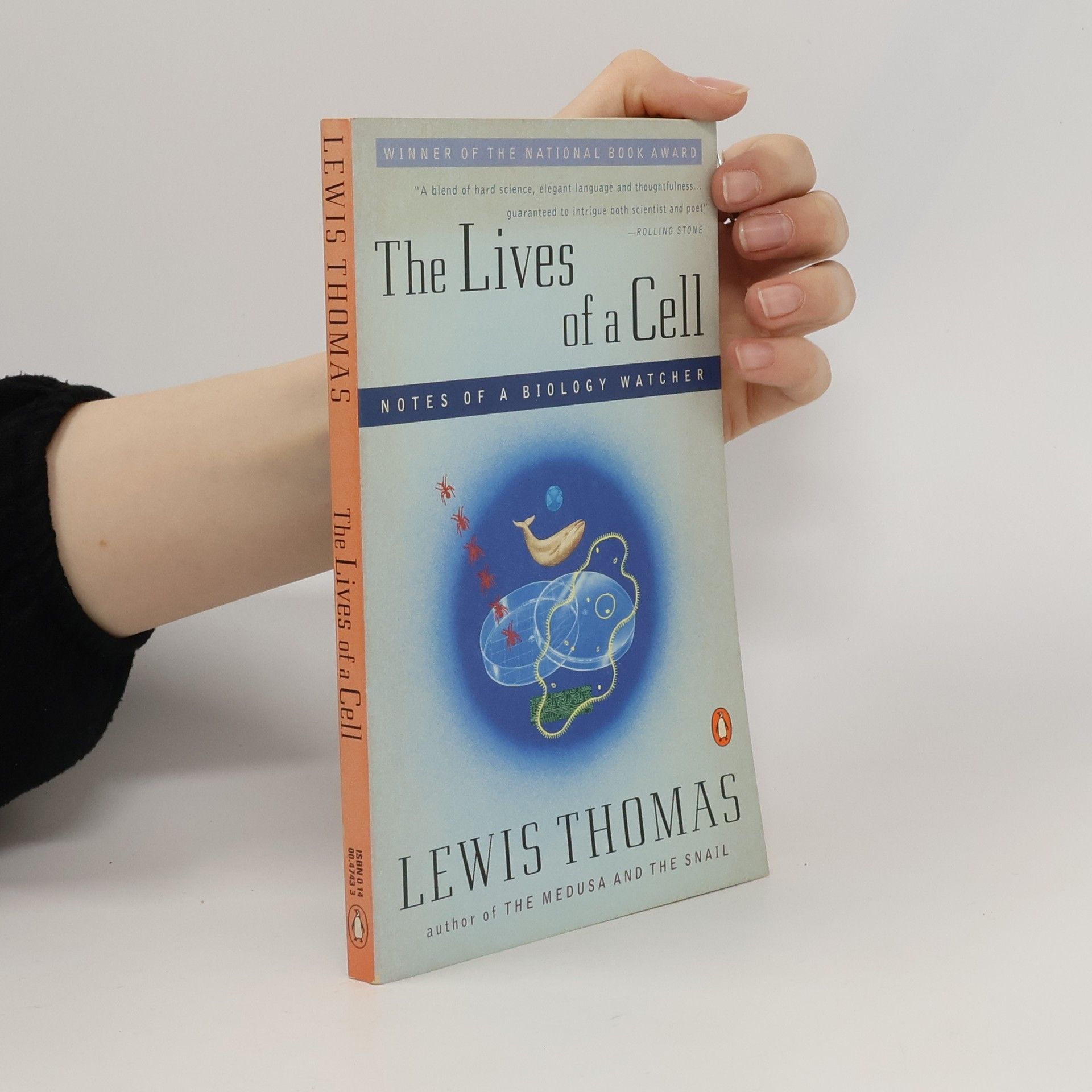Natural Obsessions
Striving to Unlock the Deepest Secrets of the Cancer Cell
- 400pages
- 14 heures de lecture
As dramatic as The Double Helix and as absorbing as The Soul of a New Machine, Natural Obsessions explores the advanced reaches of molecular biology, the nature of the human cell, and the genes that control cancer. It unforgettably portrays some of the best young scientists in the world, the rewards and discouragements of scientific research, and the very process of scientific inquiry.










